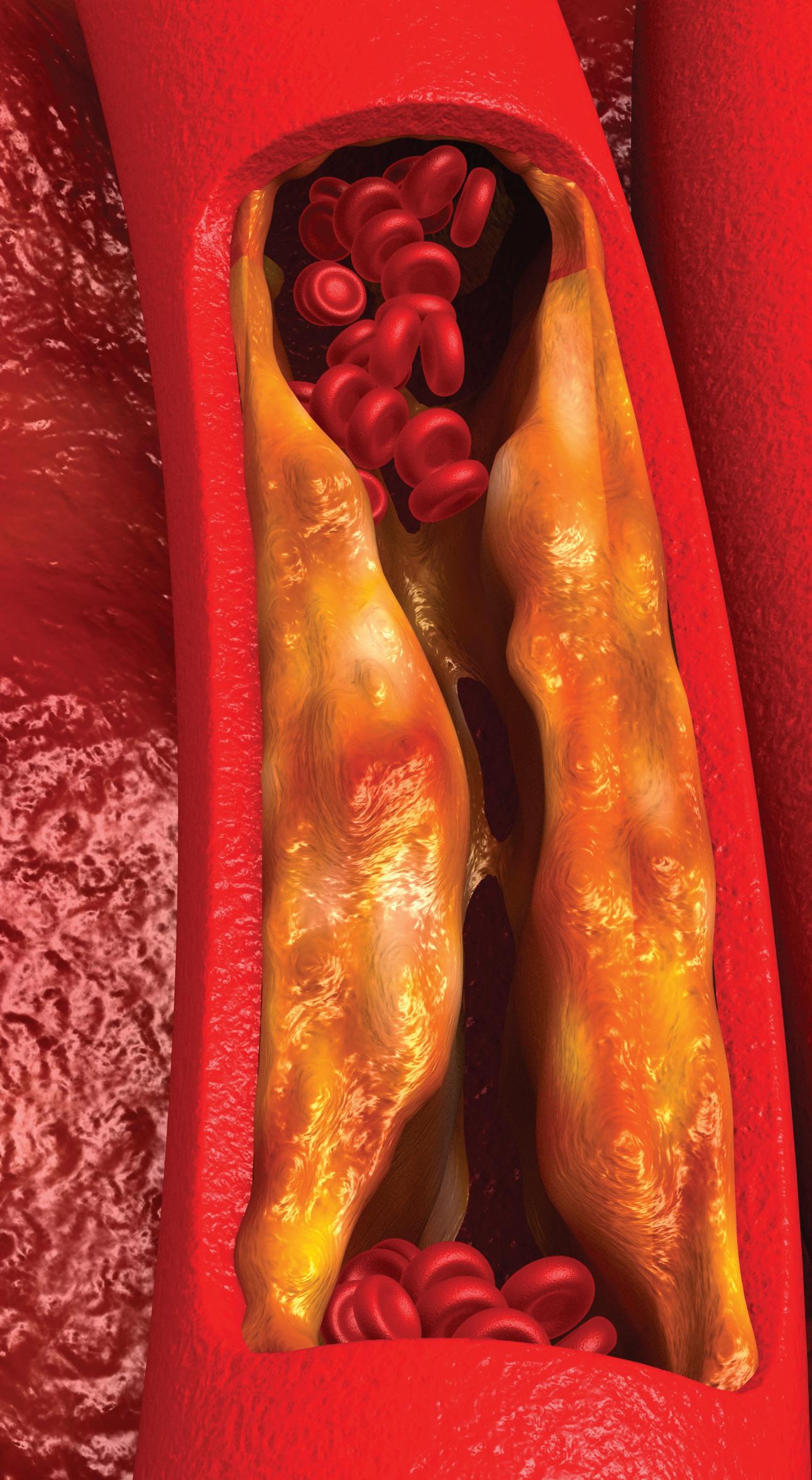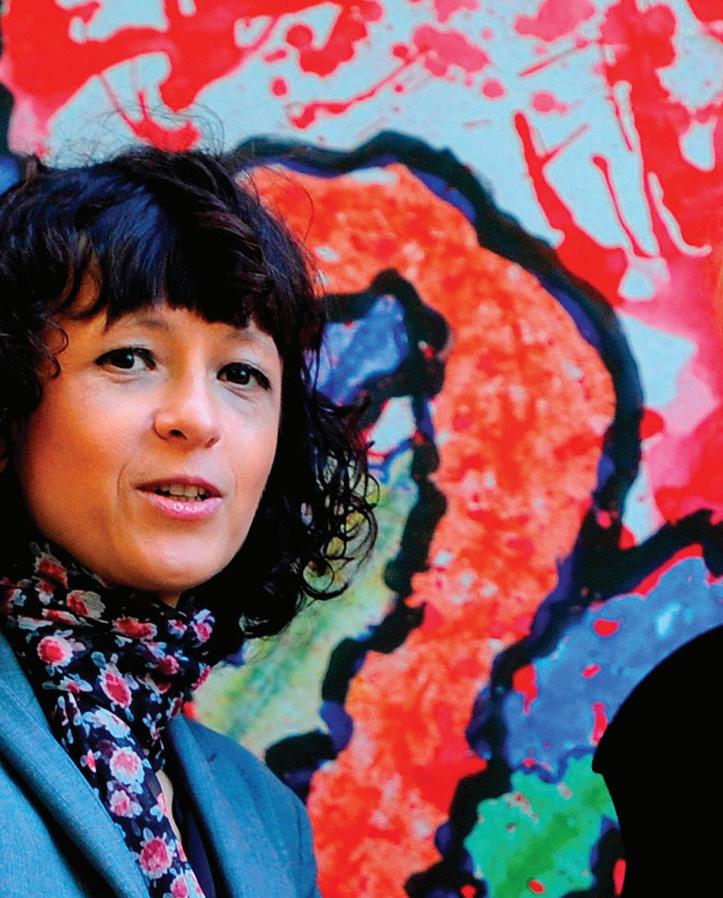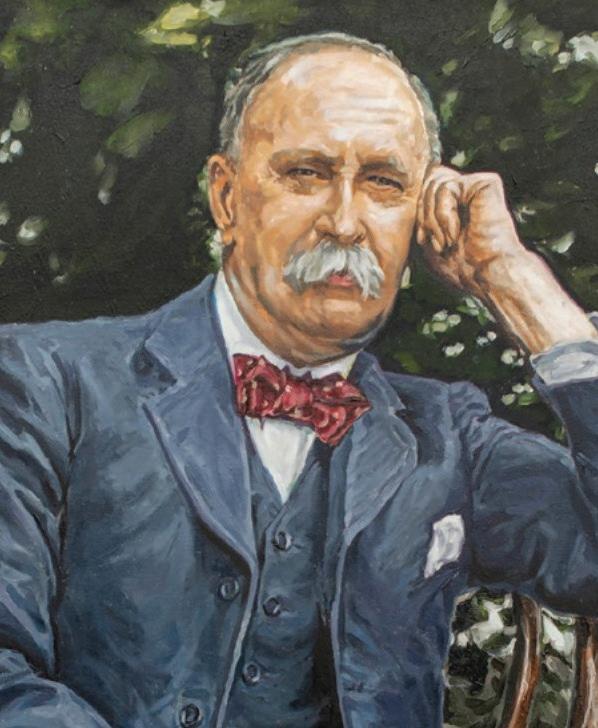6
DISCOVERERS OF CRISPR/CAS GENETIC EDITING WIN NOBEL PRIZE IN CHEMISTRY
LATEST NEWS
On 7 October 2020 the Royal Swedish Academy of Sciences announced the winners of the Nobel Prize in Chemistry: Emmanuelle Charpentier of the Max Planck Institute in Berlin and Jennifer A. Doudna of the University of California, Berkeley, for developing a method for editing the genome. The CRISPR/Cas9 editing tool works like a pair of genetic scissors designed to change the DNA of organisms with great precision. This system has revolutionized scientific research, making it possible to generate animal and cellular models of genetic diseases and thus to understand their mechanisms in clearer ways. There is also great potential for gene therapy, correcting specific mutations present in diseases that still have no treatment. The scientists first published their research in August 2012 in an article for the prestigious journal Science, in which they described the efficiency, versatility, and potential of their tool. Eight years after that publication, however, the veritable ramifications of this discovery are still to be seen.
Sources: Real Academia de las Ciencias de Suecia. Press release: The Nobel Prize in Chemistry 2020. THE NOVEL PRIZE. 2020. Jacinto F V, Link W, Ferreira BI. CRISPR/Cas9-mediated genome editing: From basic research to translational medicine. J Cell Mol Med. 2020;24:3766–78. Jinek M, Chylinski K, Fonfara I, Hauer M, Doudna JA, Charpentier E. A programmable dual-RNA-guided DNA endonuclease in adaptive bacterial immunity. Science (80- ). 2012;337(6096):816–21.























